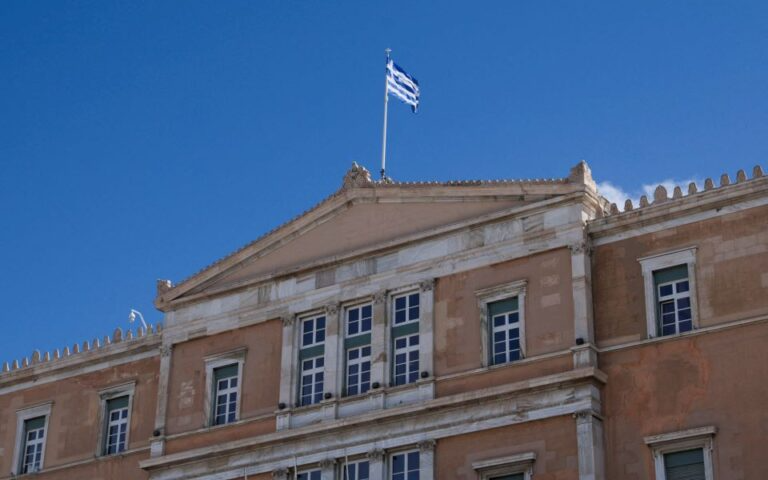
The European Bank for Reconstruction and Development (EBRD) expects the Greek economy to grow by 2.3% in 2024, while the bar for 2025 is set at 2.6%.
As the EBRD notes, after a strong post-pandemic recovery in 2021 and 2022, Greek GDP grew by only 2% in 2023, although still significantly above the Eurozone average. Both private and public consumption grew by almost 2%, investment rose by 4% and exports of goods and services increased by 3.7%, outpacing import growth (2.1%).
Tourist arrivals and receipts increased significantly in 2023, surpassing pre-pandemic levels. Confidence indicators also started to move in the right direction, while the deceleration in energy prices helped reduce inflation in 2023. Inflation was 3.5% in the last quarter of 2023, having reached double digits in 2022.
In addition, Greece regained investment grade creditworthiness in 2023 from three of the four major rating agencies.
The budget recorded a primary surplus of 1.9% of GDP in 2023 and the fiscal outlook is estimated to be in line with the provisions of the Stability Pact, reactivated from 2024.
Economic confidence is steadily improving, with the PMI trending upwards in the first quarter of 2024 (56.9 in March 2024, the highest level since February 2022) and the Economic Sentiment Index (ESI) reaching a 7-month high (108.4 in March 2024). Both indicators remain at relatively high levels compared to the euro area.
In addition, the EBRD notes that good progress has been made in implementing projects financed by the Recovery Fund, mitigating the negative risks stemming from global and regional turbulence as well as climate-related disasters.
Key risks are considered to be those related to potential delays in the Recovery Fund projects and weakness in key export markets and critical countries for Greek tourism.






